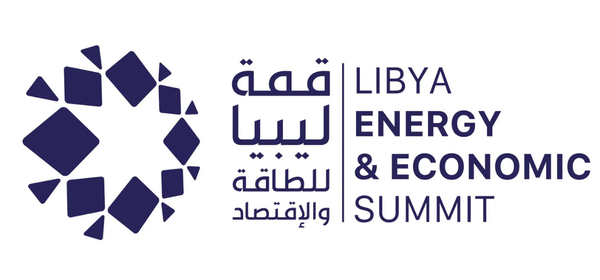Libya Summit: OAPEC's Contribution to Global Output to Hit 36.5% by 2045
)
Speaking during an industry briefing session during LEES 2024, Abdulfattah Dandi, Director of Economics Department and Supervisor of Media Department at OAPEC, explained that “OAPEC countries [hold] about 55% of the global total of oil [reserves]. The reserves of natural gas of the OAPEC countries amount to 55.7 trillion cubic meters, which represents about 26% of the global total, and Libya’s share is about 2.7% of the total OAPEC [output].”
The increase in contribution will be driven by a rise in global demand in tandem with strong economic recovery in member countries such as Libya. According to Dandi, “Libya enjoys a unique geographical location close to the most energy-demanding markets in the world,” giving the country a strategic advantage to increase output. At the same time, “Libya still has high oil potential.”
Dr. Mohammad Al Kazimi, Chief Upstream Oil Industry Analyst, Energy Studies Department at the Organization of Petroleum Exporting Countries – in which Libya is also a member – expanded on the topic of demand. He stated that, “The global population is projected to grow from 8 billion to 9.5 billion, accompanied by an economic recovery of 3.8% annually.”
He noted that adopting a forward-looking strategy is crucial for influencing the future energy scenario, given the anticipated 22% surge in global energy demand from 2022 to 2045. Oil and gas are projected to make up 55% of the energy mix, with a substantial increase in the share of renewable energy.Top of FormBottom of Form
“Gas and nuclear energy, backed by robust government policies, will experience substantial growth as transition sources,” he saod, highlighting strategic opportunities for Libya, which boasts reserves of 53 trillion cubic feet.
As global efforts to transition to cleaner sources of energy progress, Rachid Hachichi, CEO of Sonatrach, shared that “gas, with lower emissions than coal and oil, plays a key role in meeting energy demands.
“By 2040, gas is projected to be the second-largest energy source. Achieving zero emissions requires realistic and innovative solutions. The energy transition must be fair and inclusive, and Africa - rich in oil, gas and solar power - plays a pivotal role in global energy development,” he said.

